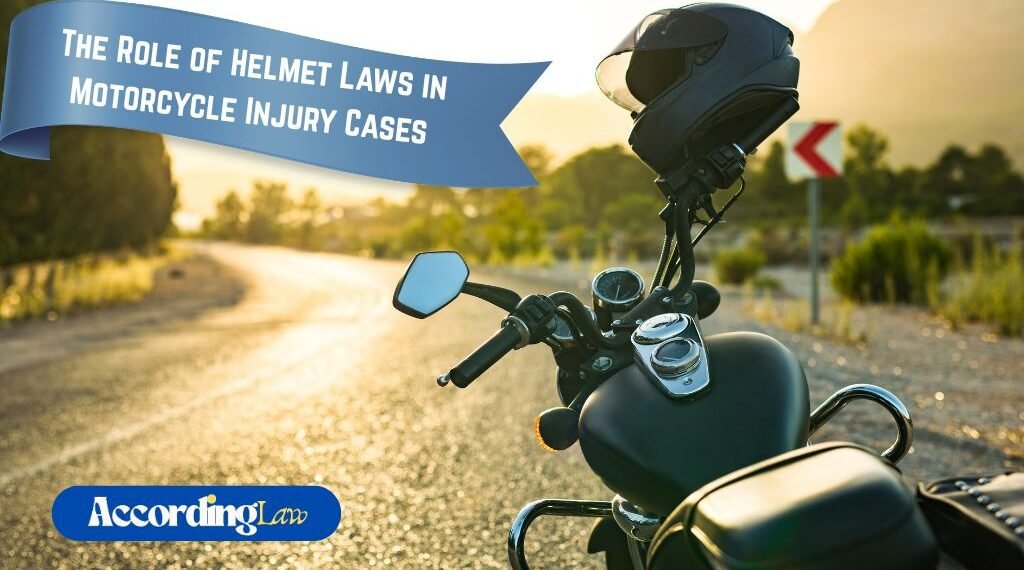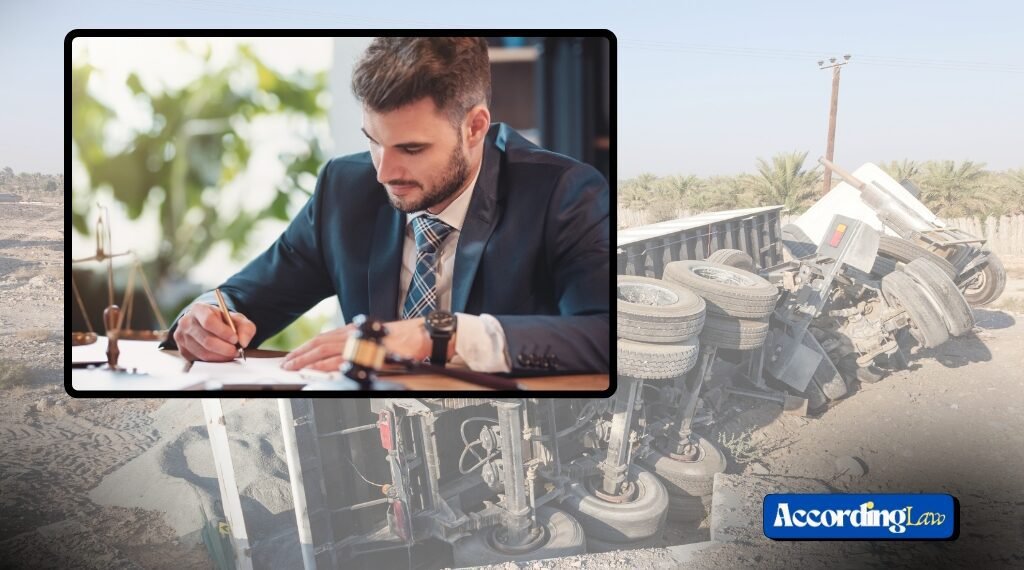In recent years, motorcycle accidents have been a significant concern in Colorado. For instance, in 2020, there were 140 motorcycle rider fatalities statewide. In Colorado Springs, the issue persists, with motorcycle-related crash fatalities accounting for 17% of all motor vehicle crash casualties in the state.
Helmet usage plays a crucial role in these statistics. In Colorado, riders and passengers under 18 must wear helmets, while those 18 and older are not mandated to do so. This leniency correlates with the fact that 63% of motorcycle accident victims were not wearing helmets at the time of their crash. Such figures highlight the importance of legal guidance in the aftermath of accidents. Consulting a motorcycle crash attorney serving Colorado Springs can provide essential support and advocacy for those affected.
Table of Contents
Understanding Helmet Laws
General helmet regulations vary broadly between regions, with some having strict laws and others being more lax about helmet usage. In some places, helmet manufacturers insist that riders and passengers use helmets. Such laws are designed to prevent injuries and fatalities. In some areas, wearing helmets is optional, which raises an interesting question about personal liberty versus public health. However, those affected can strengthen their case if they follow the guidelines relevant to their area.
The Legal Framework
Many jurisdictions around the world have learned that helmet laws save lives. In many areas, neglecting to observe these laws can have legal implications, including fines and loss of license to ride motorcycles in the area. In fact, not having a helmet on during motorcycle accidents can often be a determining factor in the success of injury claims. Courts may consider helmet usage when assigning liability and damages. Get the help of a motorcycle accident lawyer to deal with these complexities.
Impact on Injury Claims
Whether or not the rider was wearing a helmet frequently becomes a central point of contention in motorcycle injury cases. If an accident occurs and a rider sustains injuries, a helmet or its absence can be a factor when damages are awarded. For example, insurance companies or juries may decrease compensation if a rider fails to wear a helmet and suffers head injuries. This is because helmets are believed to prevent life-threatening injuries.
Safety and Its Repercussions
Helmets are known to be effective in preventing serious injuries. When riders wear helmets, especially proper helmets, they experience less head trauma during a crash because the helmet can absorb the impact of the crash. Research has repeatedly indicated that helmets reduce the risk of mortality and serious head injuries. As a result, helmet laws are a legal requirement and a vital safety element that can make all the difference in the event of an accident.
Public Perception and Debate
Even when proof of the advantages of helmets is available, discussions on compulsory helmet laws go on. Some feel that forcing helmet laws is an invasion of personal freedom and that you should have the right to choose. However, supporters point to benefits for all, savings on health care costs and the maintenance of public safety. More broadly, the debate mirrors societal discussions regarding how to balance personal agency and the welfare of the larger community.
Insurance Implications
Many insurance policies account for helmet usage, which can affect claims payouts. Riders (and insurers) should know whether they will be penalized. Insurers may penalize premium amounts depending on whether a rider follows helmet laws. People who always wear helmets may pay a cheaper premium because the odds of sustaining a serious injury are lowered. On the other hand, riders who do not wear helmets may be charged more for their insurance or have a harder time getting any insurance at all.
Challenges in Enforcement
Helmet laws are difficult to enforce. Governments must balance rights and adherence. However, effective enforcement may occasionally occur due to a lack of resources or public opposition. Public awareness campaigns focusing on the need for wearing helmets can help improve compliance and tackle these issues.
Educational Initiatives
Education is still an effective means of helmet advocacy. Falls focused on new riders, schools, or community groups can promote helmet education. Educational programs positively impact accidents and the number of deaths and injuries by forming a safety culture. Responsible riding behavior will ultimately benefit not only the riders but also society as a whole.
Conclusion
The importance of helmet laws in motorcycle injury cases cannot be overstated. These regulations not only help keep riders safe, but they also set the rules of the road, helping guide the legal path. Although the controversy around personal liberty still rages, few could deny that the benefits of wearing a helmet to avoid injury or death when in a collision are reason enough to keep these laws in force. Road safety is crucial, and helmet laws are necessary for these efforts since they help keep all road users safe, as society hopes for a safer world.


